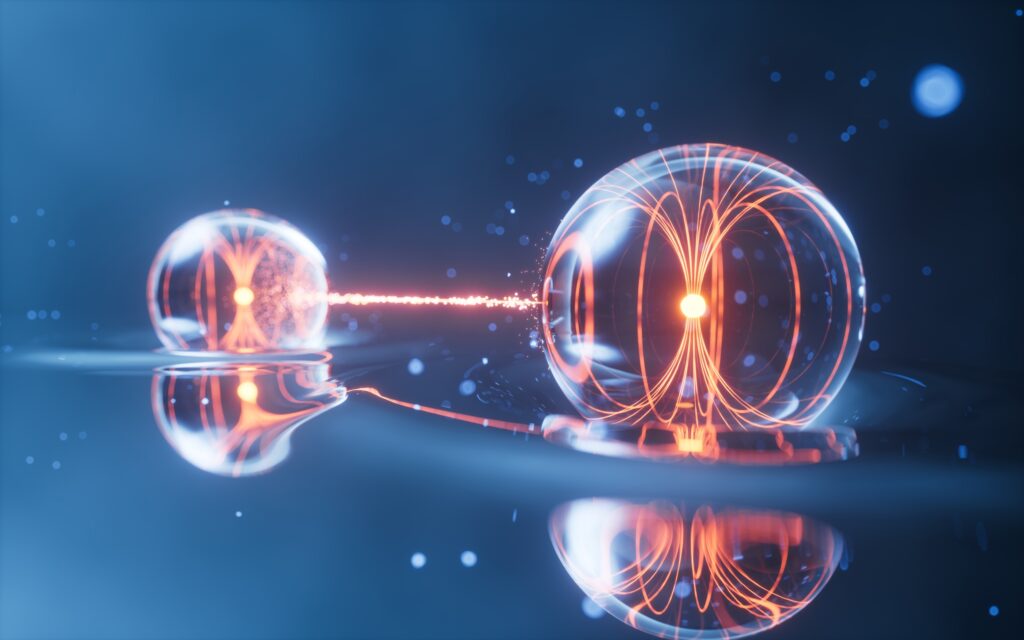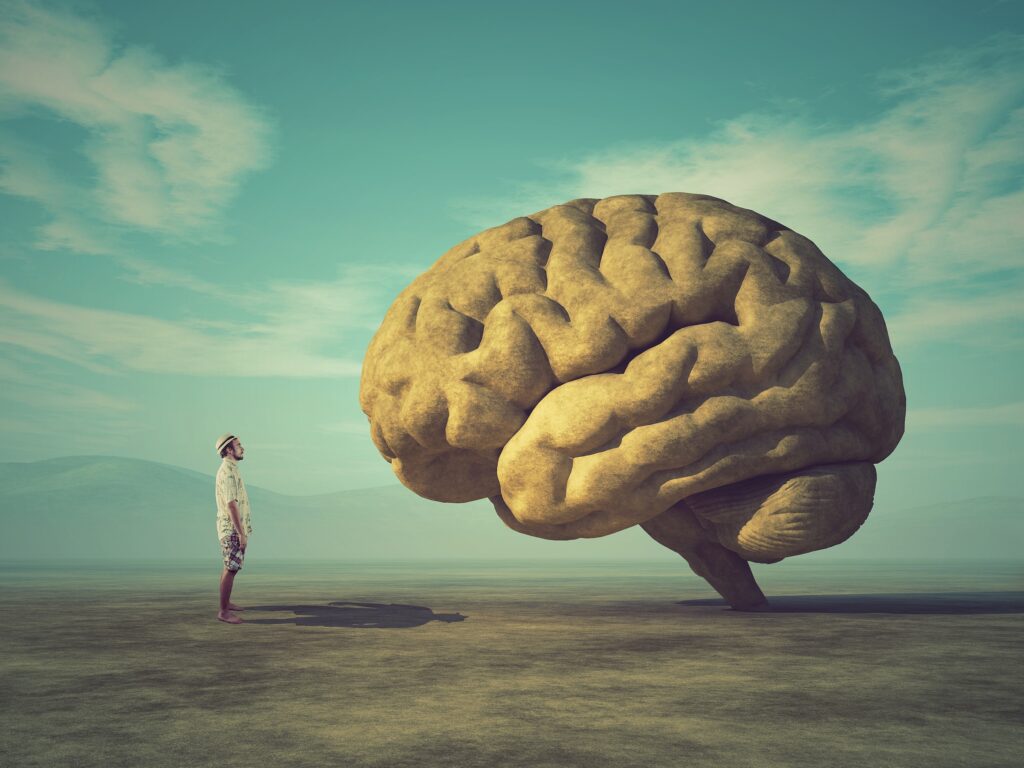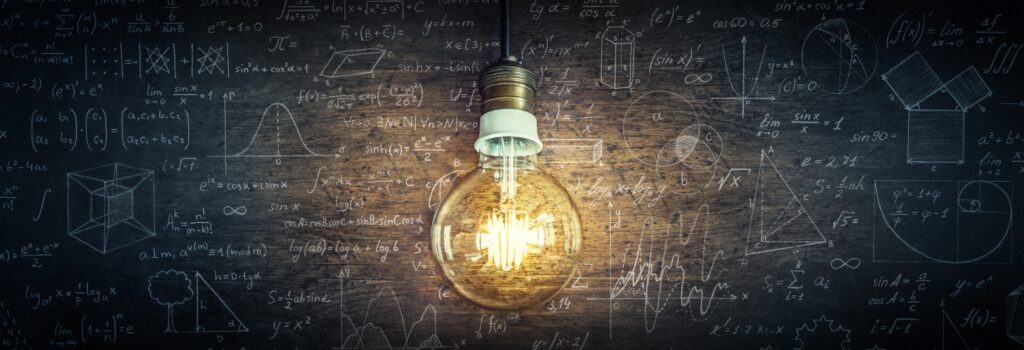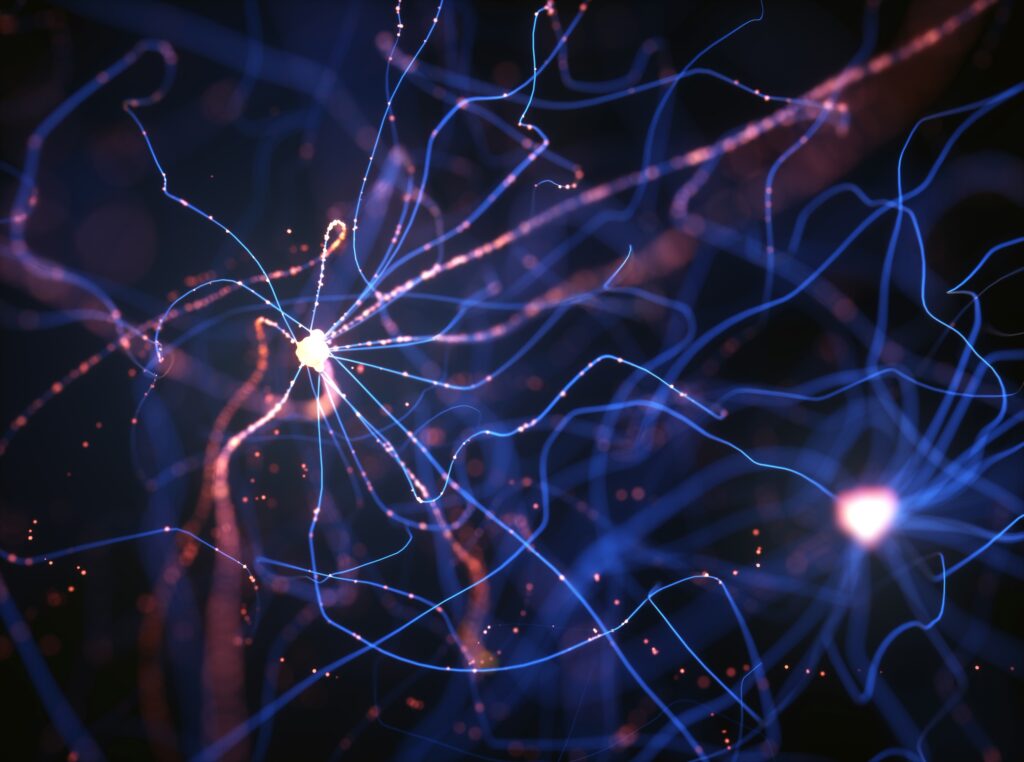The 10 books that will make it hard to believe in a physical universe
Reading | Philosophy | 2023-09-17
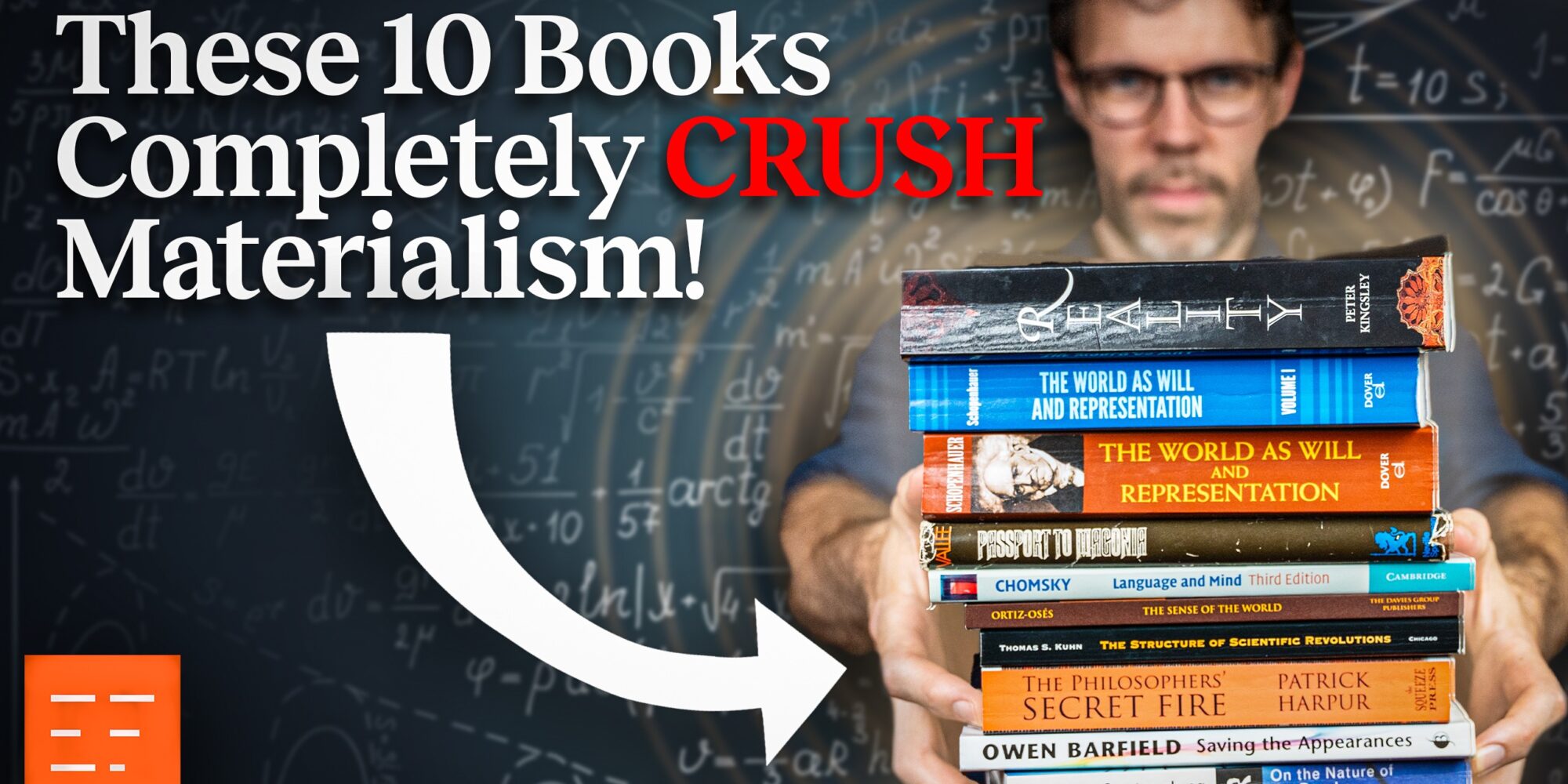
Essentia is starting its own book club on YouTube! In a series of videos, we will discuss 20th-century must reads by authors like Carl Gustav Jung, Noam Chomsky and Thomas Kuhn, to seminal work by idealists such as Schopenhauer. And, of course, we will pay tribute to foundational ancients texts as discussed by, for instance, Peter Kingsley and Patrick Harpur. As a starter, Hans Busstra asked Bernardo Kastrup to pick 10 books from his own shelf that most influenced his philosophical work. In this video, Bernardo briefly runs through the main ideas put forward in these books and how they changed his life. In the upcoming videos, Hans will do the homework by reading and reviewing these 10 books. You are, of course, invited to read along and send in your own insights and questions (please do so via our YouTube community page: https://www.youtube.com/@essentiafoundation/community). The first book to be discussed after this video will be ‘Answer to Job,’ by Carl Gustav Jung.

Essentia Foundation communicates, in an accessible but rigorous manner, the latest results in science and philosophy that point to the mental nature of reality. We are committed to strict, academic-level curation of the material we publish.
Recently published
Reading
Essays
Seeing
Videos
Let us build the future of our culture together
Essentia Foundation is a registered non-profit committed to making its content as accessible as possible. Therefore, we depend on contributions from people like you to continue to do our work. There are many ways to contribute.











